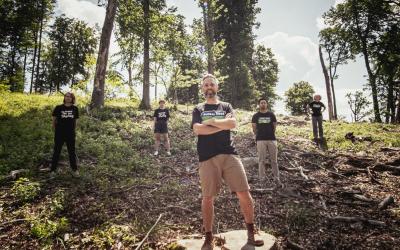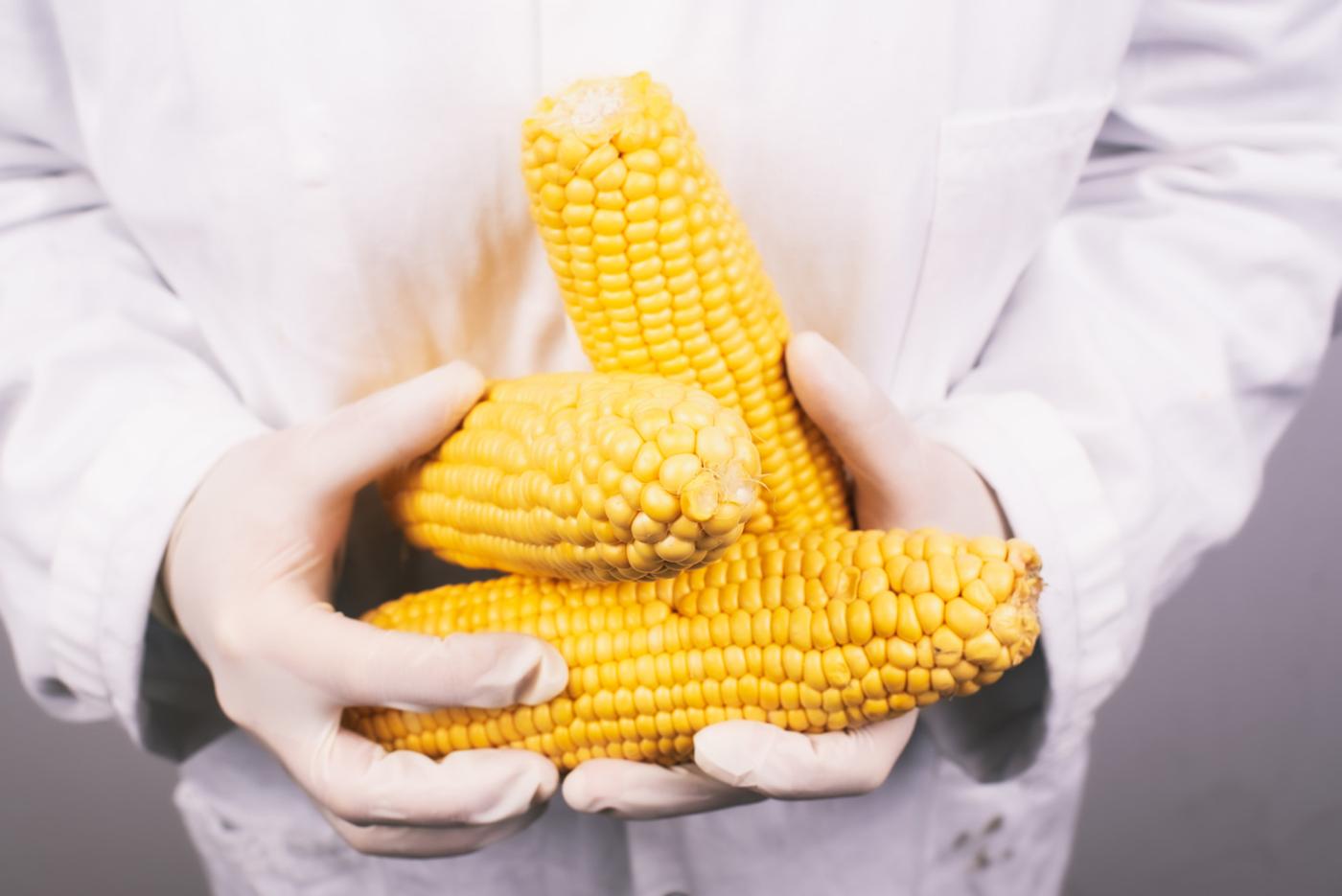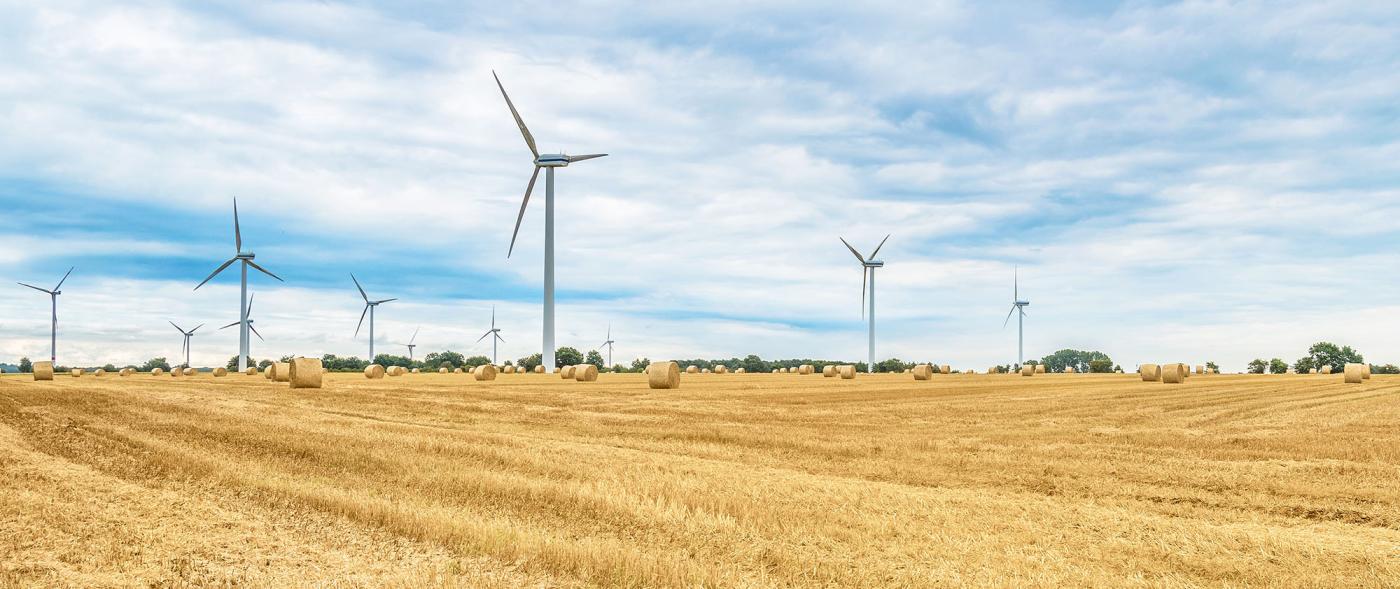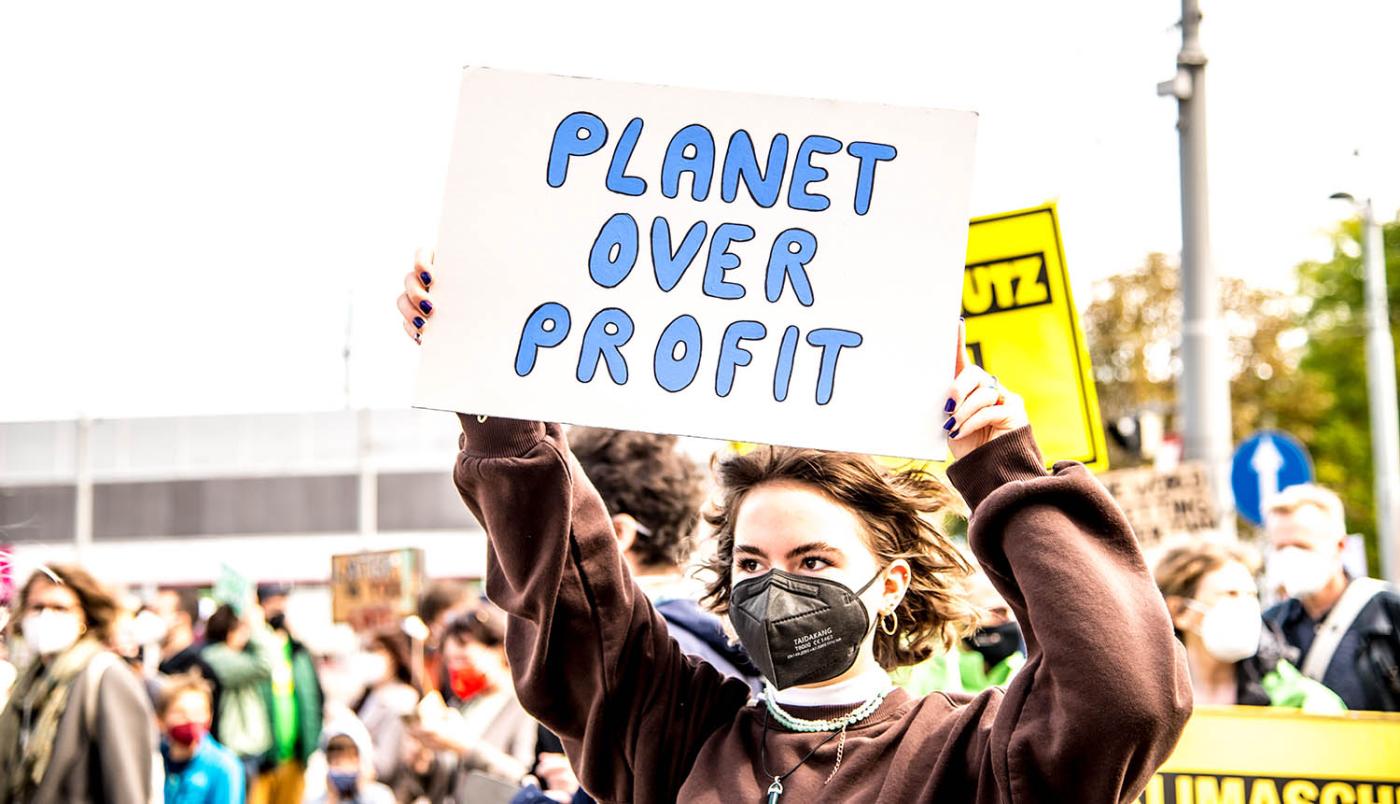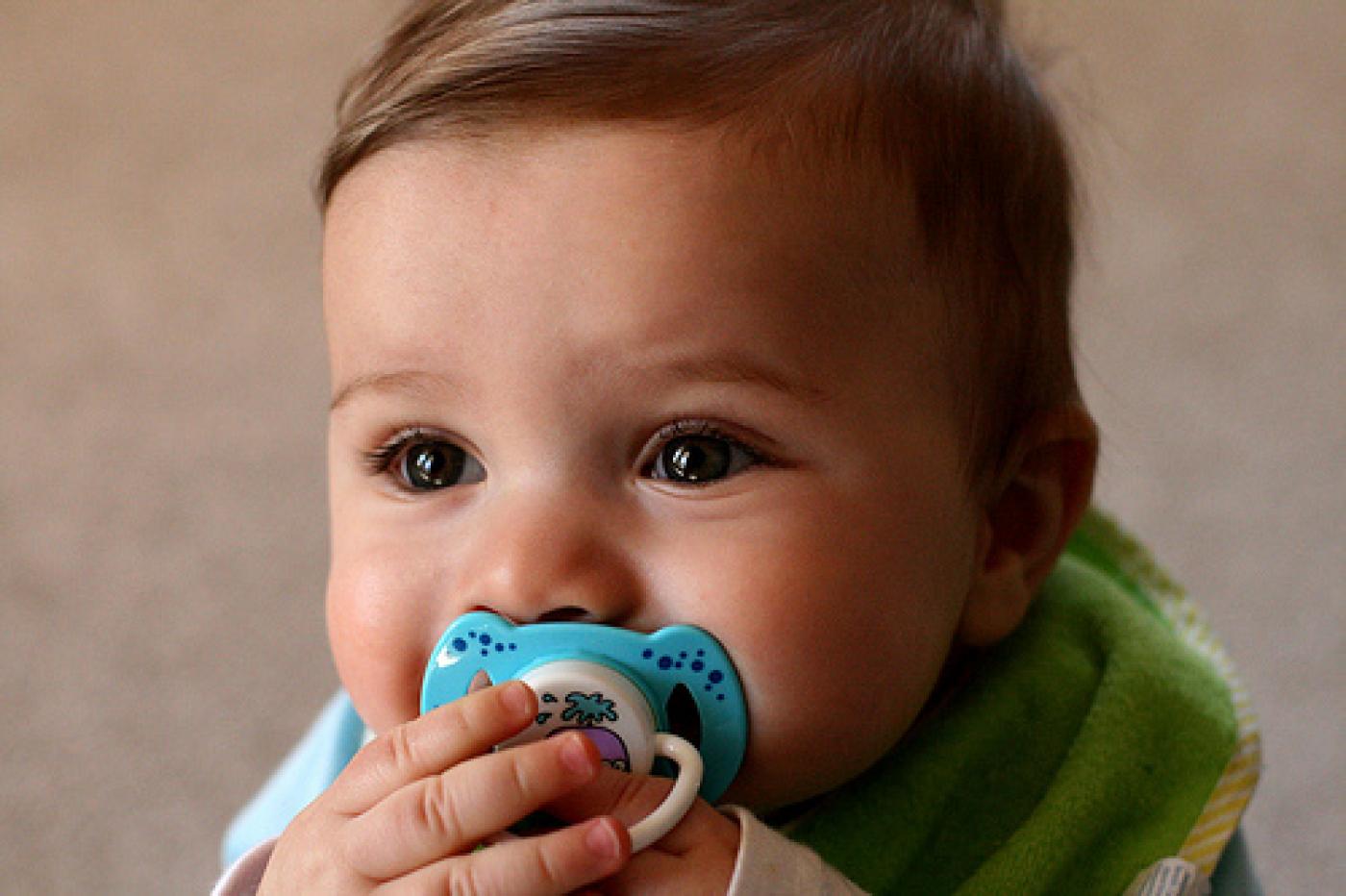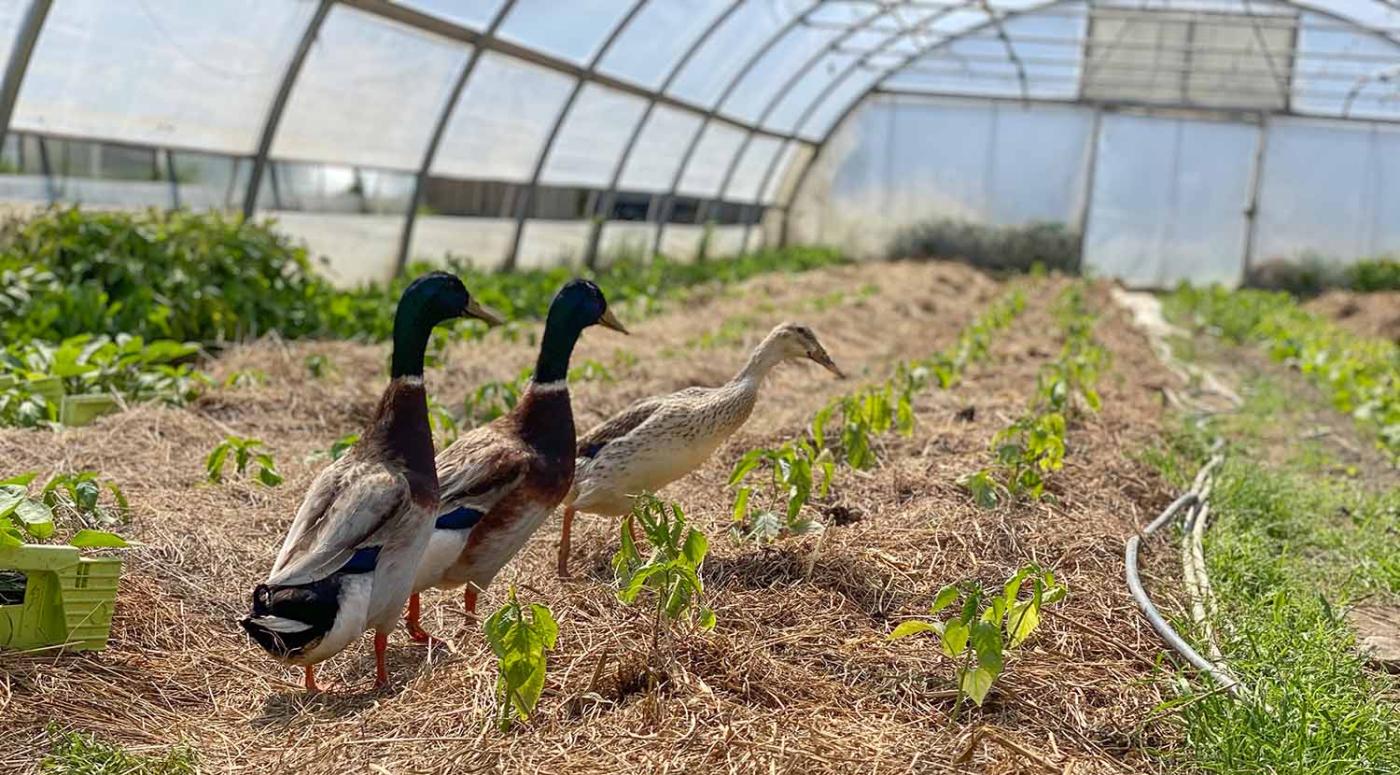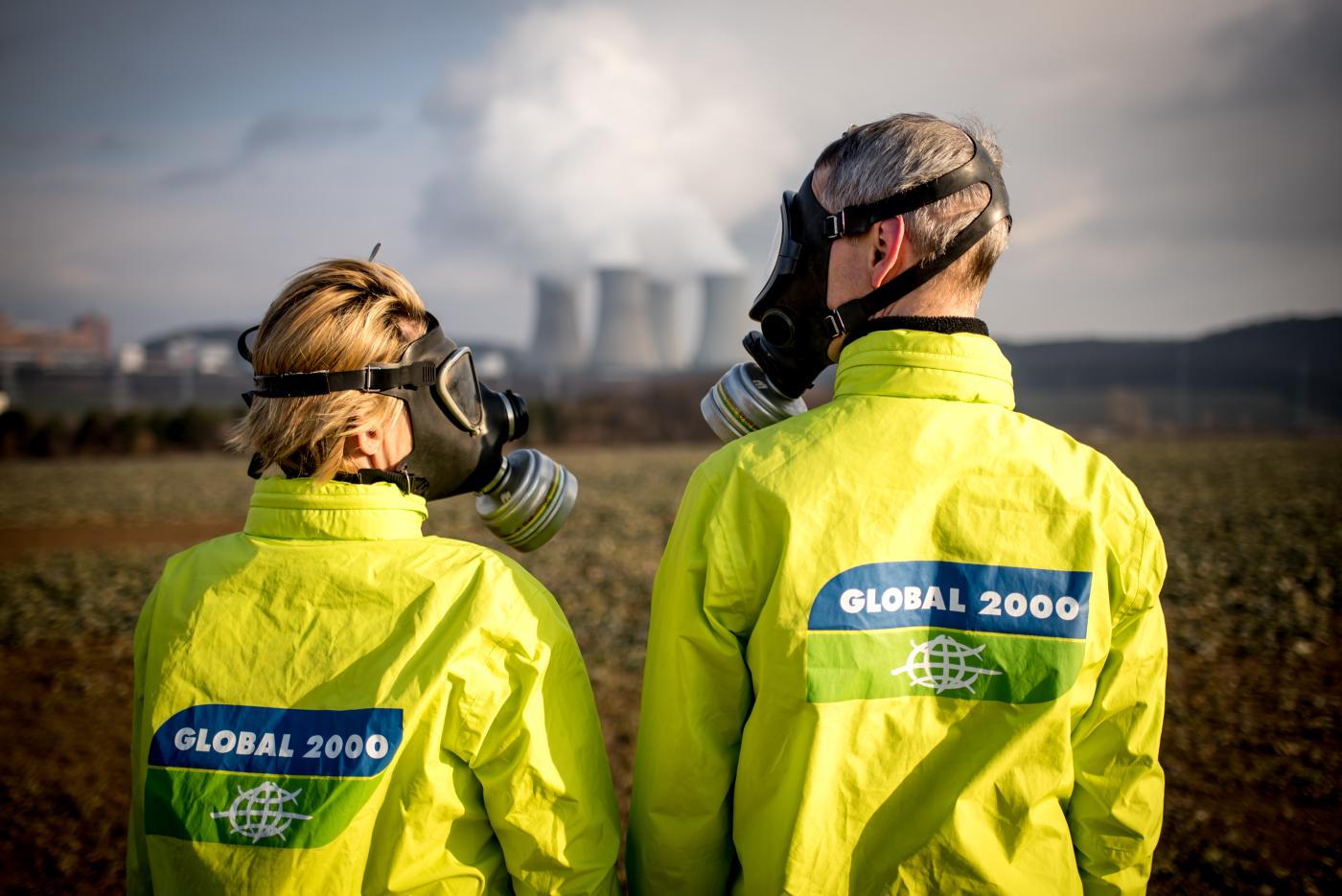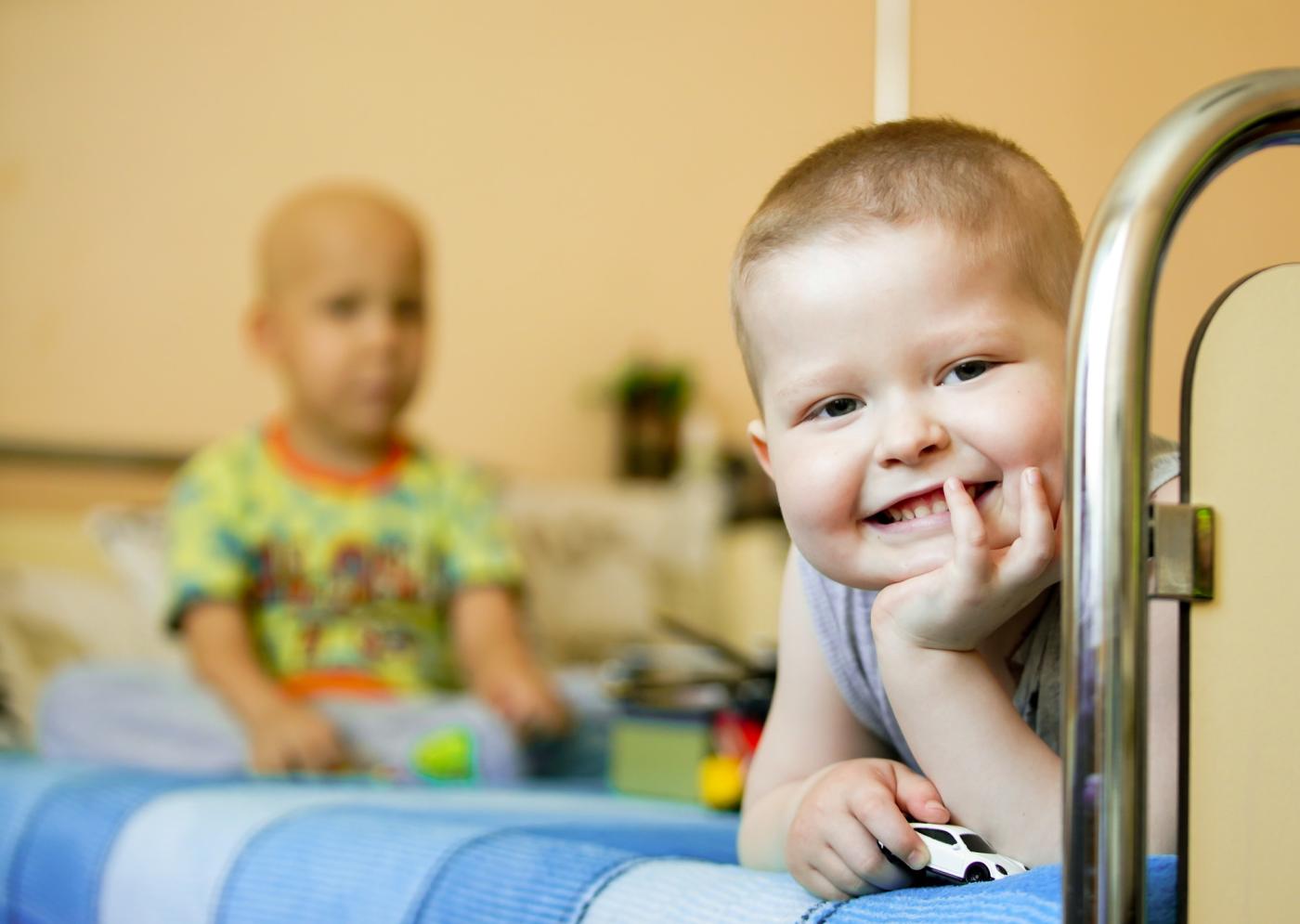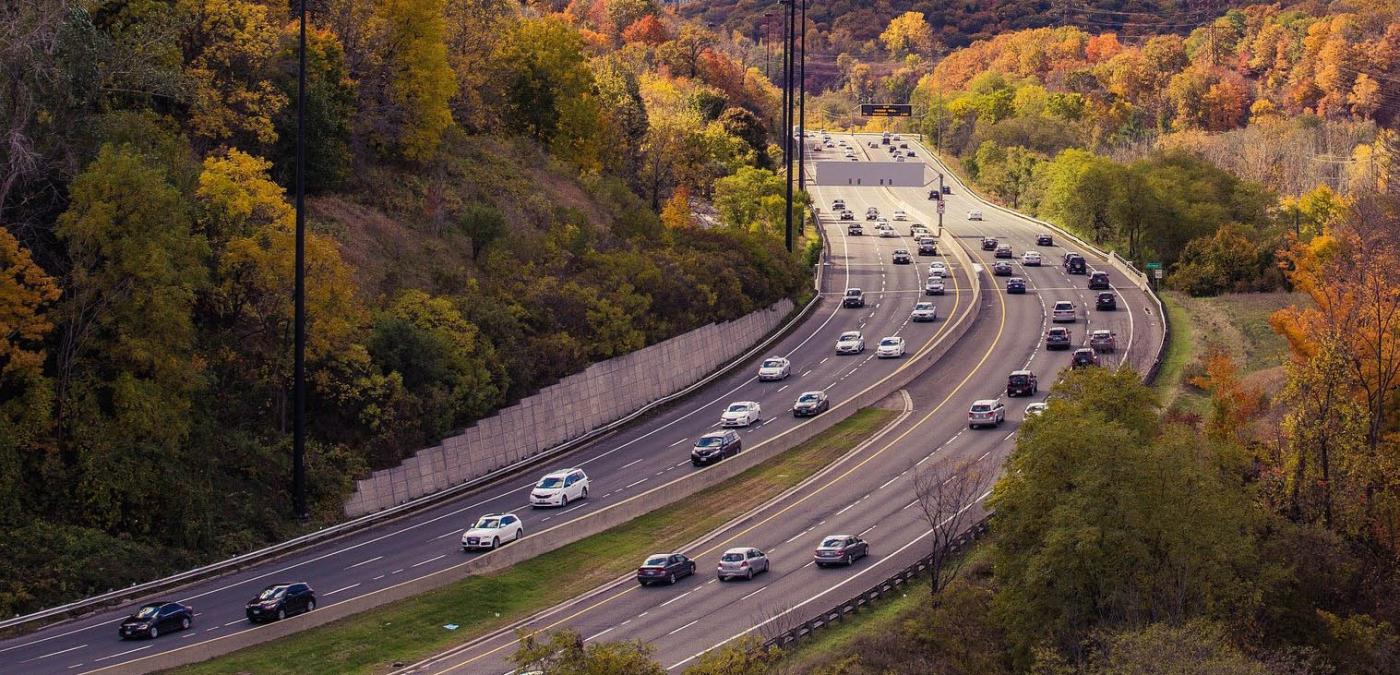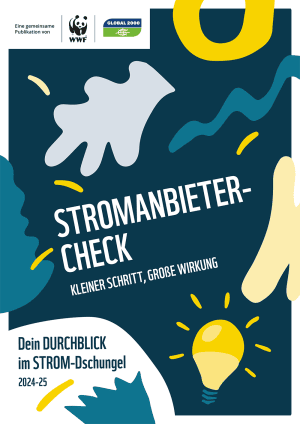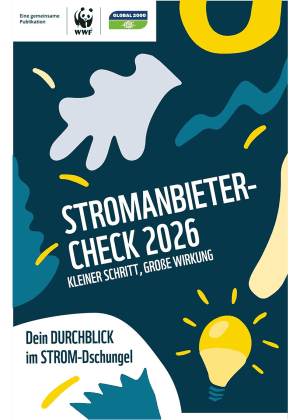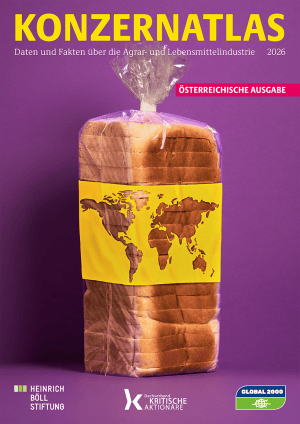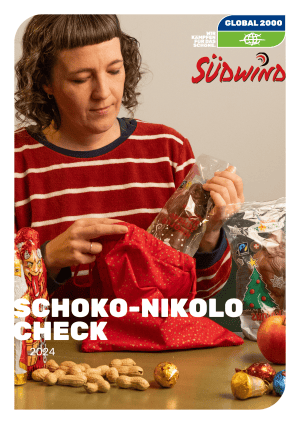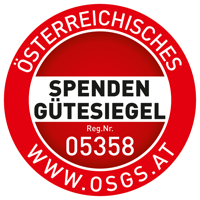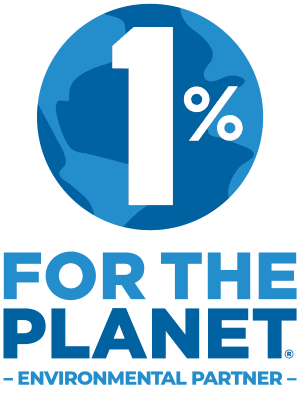Anonyme Auswertung zur Fehlerbehebung und Weiterentwicklung
Google Analytics (via Google TagManager)
Google LLC, USA
Beim Besuch dieser Website werden personenbezogene Daten verarbeitet. Dabei verarbeitete Datenkategorien: technische Verbindungsdaten des Serverzugriffs (IP-Adresse, Datum, Uhrzeit, abgefragte Seite, Browser-Informationen) und Daten über die Nutzung der Website sowie die Protokollierung von Klicks auf einzelne Elemente. Zweck der Verarbeitung: Anonymisierung und Erstellung von Statistiken, Untersuchung des Nutzungsverhaltens und Optimierung von Inhalten. Die Rechtsgrundlage für die Verarbeitung: Ihre Einwilligung nach Art. 6 (1) a DSGVO. Eine Übermittlung von Daten erfolgt: an den selbständigen Verantwortlichen Google LLC, Amphitheatre Parkway, Mountain View, CA 94043, USA. Die Rechtsgrundlage für die Datenübermittlung an Google LLC ist Ihre Einwilligung nach Art. 6 (1) a DSGVO. Dies kann auch eine Übermittlung von personenbezogenen Daten in ein Land außerhalb der Europäischen Union bedeuten. Die Übermittlung der Daten in die USA erfolgt aufgrund Art. 45 DSGVO iVm der Angemessenheitsentscheidung C(2023) 4745 der Europäischen Kommission, da sich der Datenempfänger zur Einhaltung der Grundsätze der Datenverarbeitung des Data Privacy Frameworks (DPF) verpflichtet hat.
Hotjar (via Google TagManager)
Hotjar Limited, Malta
Beim Besuch dieser Website werden personenbezogene Daten verarbeitet. Dabei verarbeitete Datenkategorien: technische Verbindungsdaten des Serverzugriffs (IP-Adresse, Datum, Uhrzeit, abgefragte Seite, Browser-Informationen) und Daten über die Nutzung der Website sowie die Protokollierung von Klicks auf einzelne Elemente. Zweck der Verarbeitung: Anonymisierung und Erstellung von Statistiken, Untersuchung des Nutzungsverhaltens und Optimierung von Inhalten. Die Rechtsgrundlage für die Verarbeitung: Ihre Einwilligung nach Art. 6 (1) a DSGVO. Eine Übermittlung von Daten erfolgt: an den Auftragsverarbeiter Hotjar Limited, Level 5, Dragonara Business Centre, Dragonara Road, Paceville St Julian's STJ 3141, Malta. Dies kann auch eine Übermittlung von personenbezogenen Daten in ein Land außerhalb der Europäischen Union bedeuten. Die Übermittlung der Daten erfolgt auf Basis Ihrer Einwilligung gemäß Art. 6 Abs 1 lit a iVm Art. 49 Abs 1 lit a DSGVO. Sie wurden bereits vor Erteilung Ihrer Einwilligung informiert, dass die USA über kein den Standards der EU entsprechendes Datenschutzniveau verfügt. Insbesondere können US Geheimdienste auf Ihre Daten zugreifen, ohne dass Sie darüber informiert werden und ohne dass Sie dagegen rechtlich vorgehen können.
Targeting / Profiling / Werbung (3)
Personalisierte Werbung außerhalb unserer Website
Meta Pixel (via Google TagManager)
Meta Platforms Ireland Ltd., Irland
Beim Besuch dieser Website werden personenbezogene Daten verarbeitet. Dabei verarbeitete Datenkategorien: Daten über die Nutzung der Website sowie die Protokollierung von Klicks auf einzelne Elemente. Zweck der Verarbeitung: Untersuchung des Nutzungsverhaltens, Analyse der Wirkung von Online-Marketing Maßnahmen und Auswahl von Online-Werbung auf anderen Plattformen, die mittels Real-Time-Bidding anhand des Nutzungsverhaltens automatisch ausgewählt werden. Die Rechtsgrundlage für die Verarbeitung: Ihre Einwilligung nach Art. 6 (1) a DSGVO. Eine Übermittlung von Daten erfolgt: an den selbständigen Verantwortlichen Meta Platforms Ireland Ltd., 4 Grand Canal Square, Grand Canal Harbour, Dublin 2, Irland. Die Rechtsgrundlage für die Datenübermittlung an Meta Platforms Ireland Ltd. ist Ihre Einwilligung nach Art. 6 (1) a DSGVO. Dies kann auch eine Übermittlung von personenbezogenen Daten in ein Land außerhalb der Europäischen Union bedeuten. Die Übermittlung der Daten in die USA erfolgt aufgrund Art. 45 DSGVO iVm der Angemessenheitsentscheidung C(2023) 4745 der Europäischen Kommission, da sich der Datenempfänger zur Einhaltung der Grundsätze der Datenverarbeitung des Data Privacy Frameworks (DPF) verpflichtet hat.
Google GTag (via Google TagManager)
Google Ireland Limited, Irland
Beim Besuch dieser Website werden personenbezogene Daten verarbeitet. Dabei verarbeitete Datenkategorien: Daten über die Nutzung der Website sowie die Protokollierung von Klicks auf einzelne Elemente. Zweck der Verarbeitung: Untersuchung des Nutzungsverhaltens, Analyse der Wirkung von Online-Marketing Maßnahmen und Auswahl von Online-Werbung auf anderen Plattformen, die mittels Real-Time-Bidding anhand des Nutzungsverhaltens automatisch ausgewählt werden. Die Rechtsgrundlage für die Verarbeitung: Ihre Einwilligung nach Art. 6 (1) a DSGVO. Eine Übermittlung von Daten erfolgt: an den selbständigen Verantwortlichen Google Ireland Limited, Gordon House, Barrow Street, Dublin 4, Irland. Die Rechtsgrundlage für die Datenübermittlung an Google Ireland Limited ist Ihre Einwilligung nach Art. 6 (1) a DSGVO. Dies kann auch eine Übermittlung von personenbezogenen Daten in ein Land außerhalb der Europäischen Union bedeuten. Die Übermittlung der Daten in die USA erfolgt aufgrund Art. 45 DSGVO iVm der Angemessenheitsentscheidung C(2023) 4745 der Europäischen Kommission, da sich der Datenempfänger zur Einhaltung der Grundsätze der Datenverarbeitung des Data Privacy Frameworks (DPF) verpflichtet hat. Die Datenschutzerklärung von Google Ireland Limited:
https://business.safety.google/privacy.
Unbounce (via Google TagManager)
Unbounce, Kanada
Beim Besuch dieser Website werden personenbezogene Daten verarbeitet. Dabei verarbeitete Datenkategorien: Daten über die Nutzung der Website sowie die Protokollierung von Klicks auf einzelne Elemente. Zweck der Verarbeitung: Anonymisierung und Erstellung von Statistiken, Auswahl von Online-Werbung auf anderen Plattformen, die mittels Real-Time-Bidding anhand des Nutzungsverhaltens automatisch ausgewählt werden und Untersuchung des Nutzungsverhaltens. Die Rechtsgrundlage für die Verarbeitung: Ihre Einwilligung nach Art. 6 (1) a DSGVO. Eine Übermittlung von Daten erfolgt: an den selbständigen Verantwortlichen Unbounce, West Georgia Street 400 - 401, BC V6B5A1 Vancouver, Kanada. Die Rechtsgrundlage für die Datenübermittlung an Unbounce ist Ihre Einwilligung nach Art. 6 (1) a DSGVO.
Einbindung zusätzlicher Informationen
Buzzsprout
Higher Pixels, USA
Beim Zugriff auf manche Teildienste unserer Website werden zusätzliche personenbezogene Daten verarbeitet. Dabei verarbeitete Datenkategorien: technische Verbindungsdaten des Serverzugriffs (IP-Adresse, Datum, Uhrzeit, abgefragte Seite, Browser-Informationen) und Daten zur Erstellung von Nutzungsstatistiken. Zweck der Verarbeitung: Auslieferung und Bereitstellung der Website und Übermittlung von Audio-Inhalten. Die Rechtsgrundlage für die Verarbeitung: Ihre Einwilligung nach Art. 6 (1) a DSGVO. Eine Übermittlung von Daten erfolgt: an den selbständigen Verantwortlichen Higher Pixels, 5133 San Jose Blvd, Jacksonville, FL 32207, USA. Die Rechtsgrundlage für die Datenübermittlung an Higher Pixels ist Ihre Einwilligung nach Art. 6 (1) a DSGVO. Dies kann auch eine Übermittlung von personenbezogenen Daten in ein Land außerhalb der Europäischen Union bedeuten. Die Übermittlung der Daten in die USA erfolgt aufgrund Art. 45 DSGVO iVm der Angemessenheitsentscheidung C(2023) 4745 der Europäischen Kommission, da sich der Datenempfänger zur Einhaltung der Grundsätze der Datenverarbeitung des Data Privacy Frameworks (DPF) verpflichtet hat. Die Datenschutzerklärung von Higher Pixels:
https://www.buzzsprout.com/privacy.
Facebook
Meta Platforms Ireland Ltd., Irland
Beim Zugriff auf manche Teildienste unserer Website werden zusätzliche personenbezogene Daten verarbeitet. Dabei verarbeitete Datenkategorien: technische Verbindungsdaten des Serverzugriffs (IP-Adresse, Datum, Uhrzeit, abgefragte Seite, Browser-Informationen) und Daten über die Nutzung der Website sowie die Protokollierung von Klicks auf einzelne Elemente. Zweck der Verarbeitung: Auswahl von Online-Werbung auf anderen Plattformen, die mittels Real-Time-Bidding anhand des Nutzungsverhaltens automatisch ausgewählt werden und Bereitstellung von Social Media-Diensten. Die Rechtsgrundlage für die Verarbeitung: Ihre Einwilligung nach Art. 6 (1) a DSGVO. Eine Übermittlung von Daten erfolgt: in gemeinsamer Verantwortung an Meta Platforms Ireland Ltd., 4 Grand Canal Square, Grand Canal Harbour, Dublin 2, Irland. Dies kann auch eine Übermittlung von personenbezogenen Daten in ein Land außerhalb der Europäischen Union bedeuten. Die Übermittlung der Daten in die USA erfolgt aufgrund Art. 45 DSGVO iVm der Angemessenheitsentscheidung C(2023) 4745 der Europäischen Kommission, da sich der Datenempfänger zur Einhaltung der Grundsätze der Datenverarbeitung des Data Privacy Frameworks (DPF) verpflichtet hat.
Google Forms (Free)
Google Ireland Limited, Irland
Dabei verarbeitete Datenkategorien: technische Verbindungsdaten des Serverzugriffs (IP-Adresse, Datum, Uhrzeit, abgefragte Seite, Browser-Informationen), Daten zur Erstellung von Nutzungsstatistiken und Daten über die Nutzung der Website sowie die Protokollierung von Klicks auf einzelne Elemente. Zweck der Verarbeitung: Auslieferung und Bereitstellung der Website. Die Rechtsgrundlage für die Verarbeitung: Ihre Einwilligung nach Art. 6 (1) a DSGVO. Eine Übermittlung von Daten erfolgt: an den selbständigen Verantwortlichen Google Ireland Limited, Gordon House, Barrow Street, Dublin 4, Irland. Die Rechtsgrundlage für die Datenübermittlung an Google Ireland Limited ist Ihre Einwilligung nach Art. 6 (1) a DSGVO. Dies kann auch eine Übermittlung von personenbezogenen Daten in ein Land außerhalb der Europäischen Union bedeuten. Die Übermittlung der Daten in die USA erfolgt aufgrund Art. 45 DSGVO iVm der Angemessenheitsentscheidung C(2023) 4745 der Europäischen Kommission, da sich der Datenempfänger zur Einhaltung der Grundsätze der Datenverarbeitung des Data Privacy Frameworks (DPF) verpflichtet hat. Die Datenschutzerklärung von Google Ireland Limited:
https://business.safety.google/privacy.
Open Street Map
OpenStreetMap Foundation
Beim Zugriff auf manche Teildienste unserer Website werden zusätzliche personenbezogene Daten verarbeitet. Dabei verarbeitete Datenkategorien: technische Verbindungsdaten des Serverzugriffs (IP-Adresse, Datum, Uhrzeit, abgefragte Seite, Browser-Informationen) und Daten zur Erstellung von Nutzungsstatistiken. Zweck der Verarbeitung: Auslieferung von Inhalten, die von Dritten bereitgestellt werden, Auswahl von Online-Werbung auf anderen Plattformen, die mittels Real-Time-Bidding anhand des Nutzungsverhaltens automatisch ausgewählt werden und Anzeige interaktiver Karten. Die Rechtsgrundlage für die Verarbeitung: Ihre Einwilligung nach Art. 6 (1) a DSGVO. Eine Übermittlung von Daten erfolgt: in gemeinsamer Verantwortung an OpenStreetMap Foundation, St Johns Innovation Centre, Cowley Road, Cambridge, CB4 0WS. Dies kann auch eine Übermittlung von personenbezogenen Daten in ein Land außerhalb der Europäischen Union bedeuten. Die Übermittlung der Daten in das Vereinigte Königreich erfolgt aufgrund Art. 45 DSGVO iVm der Angemessenheitsentscheidung C(2021) 4800 der Europäischen Kommission.
Spotteron Maps
Spotteron GmbH, Österreich
Beim Zugriff auf manche Teildienste unserer Website werden zusätzliche personenbezogene Daten verarbeitet. Dabei verarbeitete Datenkategorien: technische Verbindungsdaten des Serverzugriffs (IP-Adresse, Datum, Uhrzeit, abgefragte Seite, Browser-Informationen). Zweck der Verarbeitung: Auslieferung und Bereitstellung der Website. Die Rechtsgrundlage für die Verarbeitung: Ihre Einwilligung nach Art. 6 (1) a DSGVO. Eine Übermittlung von Daten erfolgt: an den selbständigen Verantwortlichen Spotteron GmbH, Faßziehergasse 5/16, 1070 Wien, Österreich. Die Rechtsgrundlage für die Datenübermittlung an Spotteron GmbH ist Ihre Einwilligung nach Art. 6 (1) a DSGVO. Die Datenschutzerklärung von Spotteron GmbH:
https://www.spotteron.net/de/datenschutz.
Typeform
TYPEFORM S.L., Spanien
Beim Zugriff auf manche Teildienste unserer Website werden zusätzliche personenbezogene Daten verarbeitet. Dabei verarbeitete Datenkategorien: technische Verbindungsdaten des Serverzugriffs (IP-Adresse, Datum, Uhrzeit, abgefragte Seite, Browser-Informationen) und Informationen über Ihre Anfrage. Zweck der Verarbeitung: Auslieferung und Bereitstellung der Website. Die Rechtsgrundlage für die Verarbeitung: ein berechtigtes Interesse, das die Rechte und Freiheiten der betroffenen Personen überwiegt (Art. 6 (1) f DSGVO). Berechtigte Interessen in diesem Zusammenhang: starkes wirtschaftliches Interesse an einem sicheren und funktionierenden Betrieb der technischen Systeme. Eine Übermittlung von Daten erfolgt: an den Auftragsverarbeiter TYPEFORM S.L., c/ Pallars 108, 08018 Barcelona, Spanien.
Beim Zugriff auf manche Teildienste unserer Website werden zusätzliche personenbezogene Daten verarbeitet. Dabei verarbeitete Datenkategorien: technische Verbindungsdaten des Serverzugriffs (IP-Adresse, Datum, Uhrzeit, abgefragte Seite, Browser-Informationen) und Daten zur Erstellung von Nutzungsstatistiken. Zweck der Verarbeitung: Auslieferung von Inhalten, die von Dritten bereitgestellt werden, Auswahl von Online-Werbung auf anderen Plattformen, die mittels Real-Time-Bidding anhand des Nutzungsverhaltens automatisch ausgewählt werden und Übermittlung und Darstellung von Video-Inhalten. Die Rechtsgrundlage für die Verarbeitung: Ihre Einwilligung nach Art. 6 (1) a DSGVO. Eine Übermittlung von Daten erfolgt: in gemeinsamer Verantwortung an Vimeo Inc., 555 West 18th Street, New York, NY 10011, USA. Dies kann auch eine Übermittlung von personenbezogenen Daten in ein Land außerhalb der Europäischen Union bedeuten. Die Übermittlung der Daten erfolgt auf Basis Ihrer Einwilligung gemäß Art. 6 Abs 1 lit a iVm Art. 49 Abs 1 lit a DSGVO. Sie wurden bereits vor Erteilung Ihrer Einwilligung informiert, dass die USA über kein den Standards der EU entsprechendes Datenschutzniveau verfügt. Insbesondere können US Geheimdienste auf Ihre Daten zugreifen, ohne dass Sie darüber informiert werden und ohne dass Sie dagegen rechtlich vorgehen können.
YouTube
Google Ireland Limited, Irland
Beim Zugriff auf manche Teildienste unserer Website werden zusätzliche personenbezogene Daten verarbeitet. Dabei verarbeitete Datenkategorien: technische Verbindungsdaten des Serverzugriffs (IP-Adresse, Datum, Uhrzeit, abgefragte Seite, Browser-Informationen) und Daten zur Erstellung von Nutzungsstatistiken. Zweck der Verarbeitung: Auslieferung von Inhalten, die von Dritten bereitgestellt werden, Auswahl von Online-Werbung auf anderen Plattformen, die mittels Real-Time-Bidding anhand des Nutzungsverhaltens automatisch ausgewählt werden und Übermittlung und Darstellung von Video-Inhalten. Die Rechtsgrundlage für die Verarbeitung: Ihre Einwilligung nach Art. 6 (1) a DSGVO. Eine Übermittlung von Daten erfolgt: in gemeinsamer Verantwortung an Google Ireland Limited, Gordon House, Barrow Street, Dublin 4, Irland. Dies kann auch eine Übermittlung von personenbezogenen Daten in ein Land außerhalb der Europäischen Union bedeuten. Die Übermittlung der Daten in die USA erfolgt aufgrund Art. 45 DSGVO iVm der Angemessenheitsentscheidung C(2023) 4745 der Europäischen Kommission, da sich der Datenempfänger zur Einhaltung der Grundsätze der Datenverarbeitung des Data Privacy Frameworks (DPF) verpflichtet hat.
